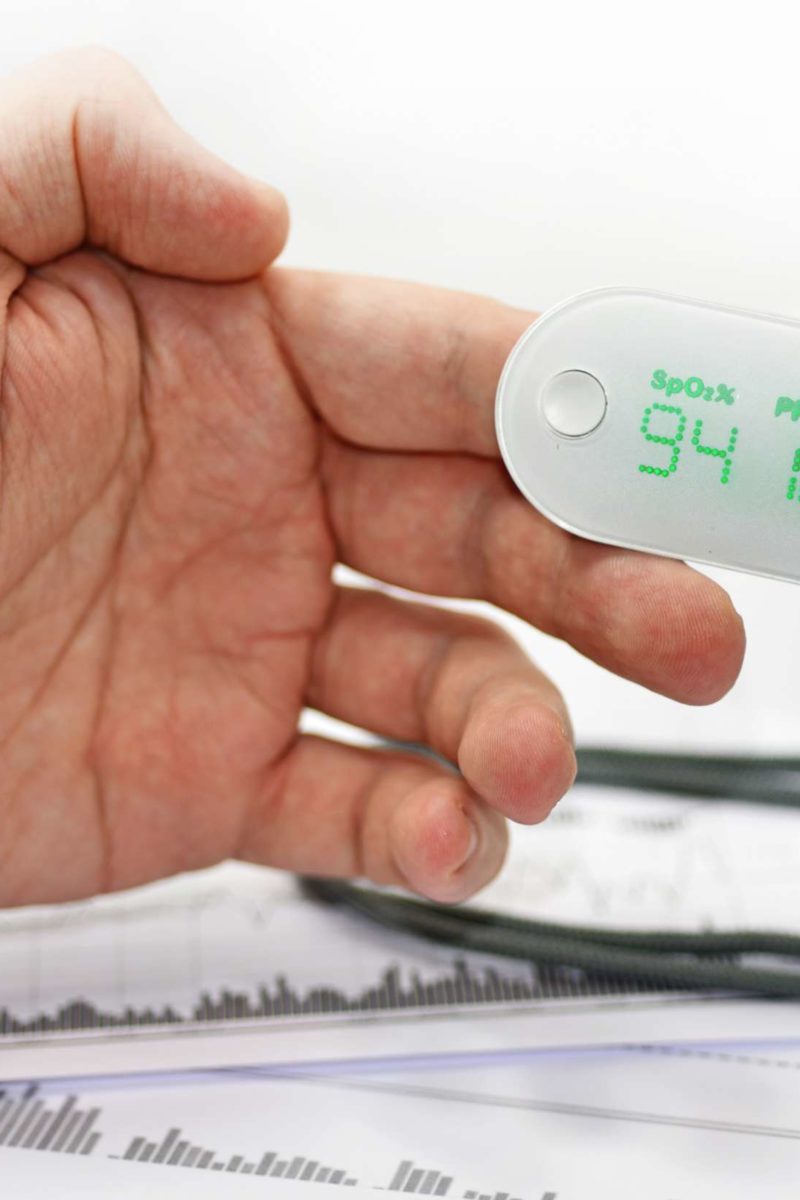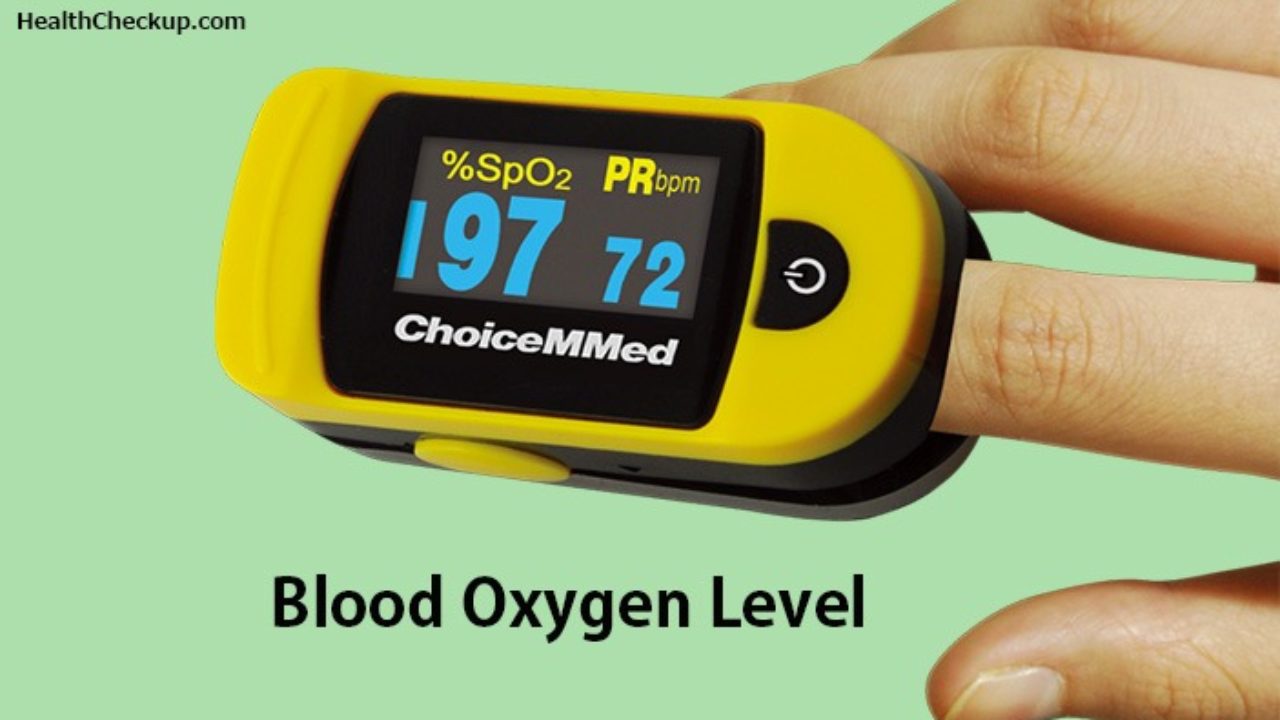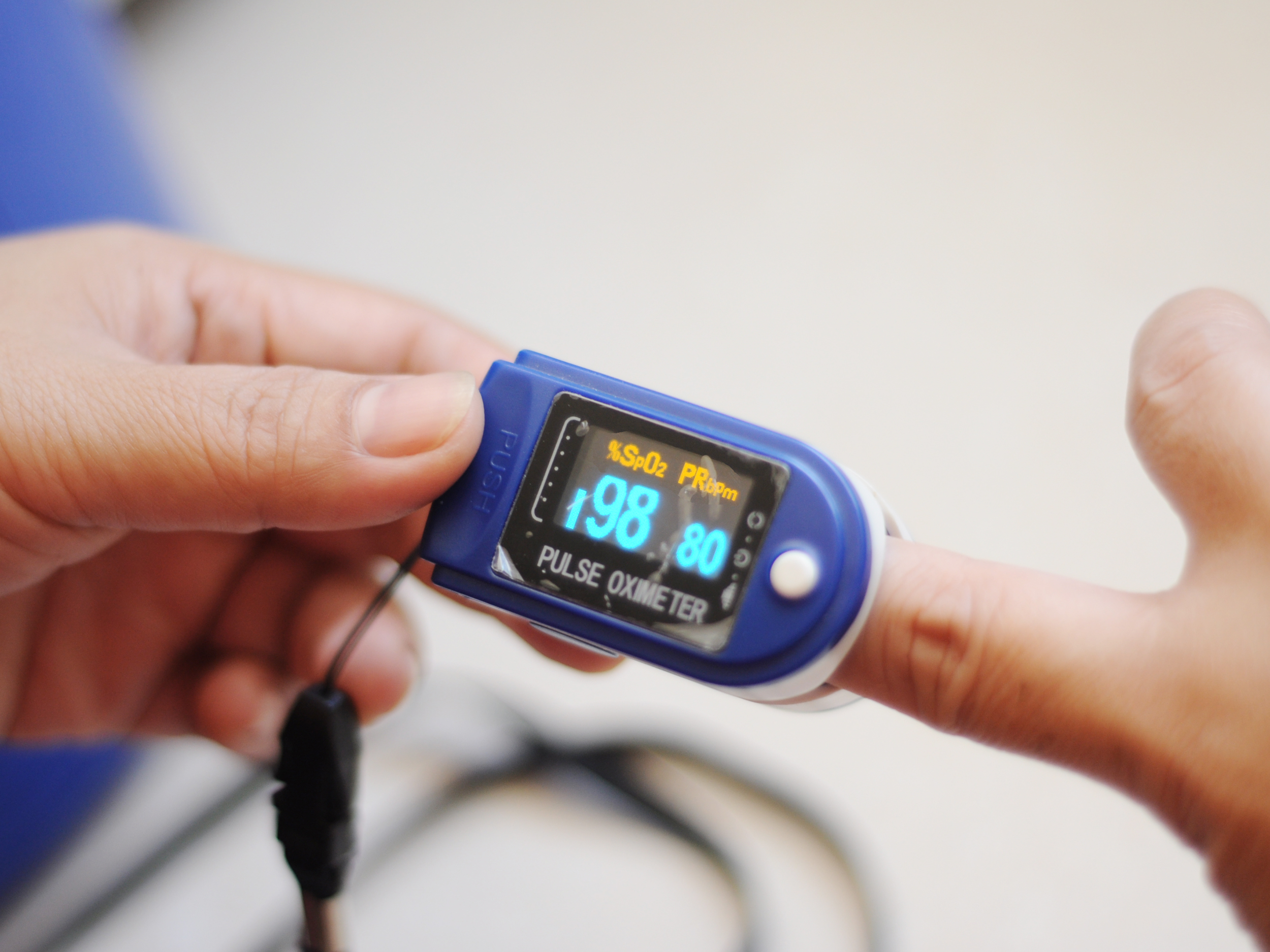One of the most popular questions which people have is how low can their oxygen level go before they die. There are various reasons behind asking the question. One of the reasons is before going mountain climbing or even swimming. An understanding of how low a person’s oxygen level can go will allow them to make the right decisions to stay alive and healthy.
Jan 05, 2021 What is the Normal Oxygen Level. So what is the normal oxygen level? People who are breathing normal, who have relatively healthy lungs (or asthma that is under control), will have a blood oxygen level of 95% to 100%. Anything between 92% and 88%, is still considered safe and average for someone with moderate to severe COPD. Low blood oxygen: The normal blood oxygen saturation level is 92% to 100%. Below 92% it is low saturation. The more it goes below 90% and 80% the problems with kidney, heart and brain start ending into cardiopulmonary failure.
As mentioned in previous articles sleep apnea is a serious condition which many people suffer from. Knowing about the oxygen level can help people with the condition.
What is Sleep Apnea?
It is a critical sleep disorder where people experience their breathing stopping and starting repeatedly. You might even have sleep apnea if you snore loudly and experience exhaustion after a good night’s sleep. The most common type of sleep apnea occurs when the throat muscles relax, known as obstructive sleep apnea.
Breathing properly is vital and long-term sleep disorders have serious health implications such as an increase in the incidence of heart problems, diabetes, and high blood pressure.
What is the normal and low oxygen level?
Low oxygen level indicates that the treatment you are undergoing for sleep apnea isn’t effective. Low oxygen levels in the blood are something that patients with sleep apnea suffer from. A normal blood oxygen level should be anywhere between 94 percent and 98 percent.
Oxygen level drops to 80 percent or less due to not breathing for 30 seconds or more when sleeping. Anyone that has an oxygen level under 90 percent requires intervention as it is dangerously low for the body. The brain only has the ability to survive for up to 4 minutes if oxygen gets completely cut off.
Oxygen Levels during Sleep Apnea
The upper airway muscle tone during sleep tends to be narrow which makes it collapse temporarily in sleep apnea patients. As this happens, the breathing would stop along with a drop in blood oxygen levels. You will feel tired during sleep since the oxygen levels would drop, contributing to restless sleep. The carbon dioxide levels would start to build up as the oxygen levels drop. Sleepiness, fatigue and morning headaches would be felt during the day due to this.
How does Oxygen Levels Due to Sleep Apnea Impact the Body?
If the blood oxygen levels drops below 92 percent, it is considered to be abnormal. However, what is more, important to be considered is the amount of time spent with the abnormal oxygen levels and the number of desaturations. But, if the desaturated levels below 92 percent are experienced just once or twice within a 7 hour sleeping period and if it lasted for just a few seconds, then it is nothing to worry about. Experiencing long low oxygen levels, on the other hand, will seriously affect your health. It leads to the following.
- Fluid buildup in your body
- Heart rhythm problem
- Stroke
- Heart Failure
- Increasing pressure on your heart’s right side
How to monitor your Blood Oxygen Levels?
Now, normally it will your doctor who will discover that your blood oxygen levels are low or under the minimum 90 percent requirement. It is probably due to the oxygen levels dropping in the night. Sleep apnea is the cause of this or any other respiratory disorder such as UARS. Overnight monitoring would be recommended by the doctor for your oxygen levels using the oximeter that would be attached to the finger. Oxygen levels will be recorded by this device along with the pulse rate as you sleep.
It is important to follow up with the sleep study to ensure that the right actions are taken. Your short term memory and other cognitive functions would be damaged, as well as a heart attack and stroke in your sleep would occur with a continued drop in oxygen levels.
How to treat Sleep Apnea Oxygen Level?
Anyone that has sleep apnea would use a CPAP machine to be treated. Oxygen levels will improve and return to normal levels if apnea episodes disappear. Sleep apnea is a serious condition with severe consequences, it is vital to get treated as early as possible.
Normal and Abnormal Blood Oxygen Levels During Sleep
Low sleep apnea oxygen level is a sign that your treatment for sleep apnea is not effective.
Patients with breathing problems during sleep (sleep apnea, COPD) often have low oxygen levels in their blood.
Keep in mind that anything below 90% oxygen level is dangerous to your body and require intervention. Another thing to consider is that the brain can only survive 4 minutes once oxygen is completely cut off.
In this page you'll learn:
- What should your oxygen level be during sleep,
- How sleep apnea affects the oxygen levels in your blood,
- How oxygen levels affect your body,
- The link between pregnancy and low oxygen levels in obese women,
- How to monitor oxygen saturation levels,
- What is the best finger oximeter to monitor blood oxygen levels,
- How to treat sleep apnea oxygen level.
Oxygen Levels During Sleep Apnea
In sleep, the upper airway muscle tone of the patients with sleep apnea tends to narrow and collapses temporarily. When this happens, the breathing stops accompanied by a drop in blood oxygen levels and arousal from sleep.

The low oxygen levels during sleep can make you feel very tired in the morning and will contribute to more restless sleep.
Furthermore, when the oxygen levels start to drop, the carbon dioxide levels build up in your blood. This can lead to morning headaches, fatigue and sleepiness during the day.
Scientific Proofs - Oxygen Levels Decreases During Apneas
Even the most recent studies (2012) demonstrates the link between sleep apnea and oxygen desaturation. That's why the oximeter is an important tool in clinical assessment.

With a finger pulse oximeter you can monitor yourself to see how effective is CPAP (you'll learn how to do this bellow). The device can also be used to diagnose sleep apnea, but only if you use a quality product.
For more information on how to use an oximeter to diagnose sleep apnea, read the portable pulse oximeter article.
How Does Sleep Apnea Oxygen Level Affect the Body?
Any value of blood oxygen level bellow 92% is abnormal. However, the number of desaturations and the time spent with abnormal oxygen levels is important.

For example, if you only desaturated below 92% once or twice during a 7 hour sleep, and the desaturation level lasted only a couple of seconds, it's not a reason for worry.
Your body will be seriously affected when you'll have long term low oxygen levels. This can lead to:
- heart rhythm problems,
- increasing pressure on the right side of the heart,
- fluid build up in the body,
- heart failure,
- stroke.
Increasing the pressure on the right side of the heart
The right side of the heart has the role of pumping blood through the lungs, which requires a much lower pressure.
A higher pressure can lead to severe fluid buildup in the body that can cause life-threatening shortness of breath, heart failure and even death.
Please call your doctor urgently if you experience chest pain or shortness of breath that is not relieved by rest.
Monitoring Your Blood Oxygen Levels
If your doctor discovers that your blood oxygen level (oxygen saturation) is less than about 90% during the day (when you are resting), then your oxygen levels are probably dropping during the night. This means that you have sleep apnea, or other respiratory disorders, like UARS.
Your doctor may recommend overnight monitoring of your oxygen levels using am oximeter. In a sleep study, you usually have the oximeter attached on the finger.

You can use a portable oxygen saturation monitor or oximeter, a cool little device that can record your sleep apnea oxygen level and pulse rate during sleep. A medical approved oximeter is truly a great tool to see how well CPAP is working for you.
A tip before buying an oximeter: you would do well to invest in a recording oximeter with software. You can upload your data in a computer, and you can go to your sleep specialist with the results.
See an example in the followingvideo:
For more info about sleep study for sleep apnea, see sleep studies.
So, if you have a low blood oxygen level, follow up with the sleep study as soon as possible.
Continued drops in O2 levels will cause damage to cognitive function, short term memory, stroke and heart attack in your sleep, and a host of other problems.
Oxygen Levels in Pregnant Women
Overweight women who are pregnant or women who gain too much weight during pregnancy are at a higher risk of developing sleep apnea. This can cause a drop in blodd oxygen levels during sleep which can create complications for the baby.
So if you are overweight or gained a lot of weight during pregnancy, speak with your doctor to investigate if you have sleep apnea.
For more info about obesity, see sleep apnea and obesity.
Improving Sleep Apnea Oxygen Level
Patients with sleep apnea are usually treated with CPAP machines. If apnea episodes disappear, the oxygen levels will improve to normal levels.
How often should you use the CPAP?
If your doctor prescribed CPAP therapy, you should NEVER go a night EVER without a CPAP on or even take a nap without one.
More strategies to treat sleep apnea:
If your oxygen saturations drop significantly and persist during the night, you may benefit from overnight oxygen delivered by nasal masks or nasal prongs.
CPAP and Oxygen Levels During Sleep
You can have low oxygen levels during sleep even if you use the CPAP. This means that your CPAP doesn't have the desired effect.
That's why is important to monitor your oxygen and pulse rate.
To keep a better eye on your sleep apnea oxygen level you might consider purchasing a finger pulse oximeter.
Remember: don't use inferior equipment to measure your well-being and don't change anything without checking that information with a second opinion or proper equipment.
Average Blood Oxygen Level
Sleep Apnea › Sleep Apnea Side EffectsOxygen Level Chart
› Sleep Apnea Oxygen LevelAverage Blood Oxygen Level By Age
